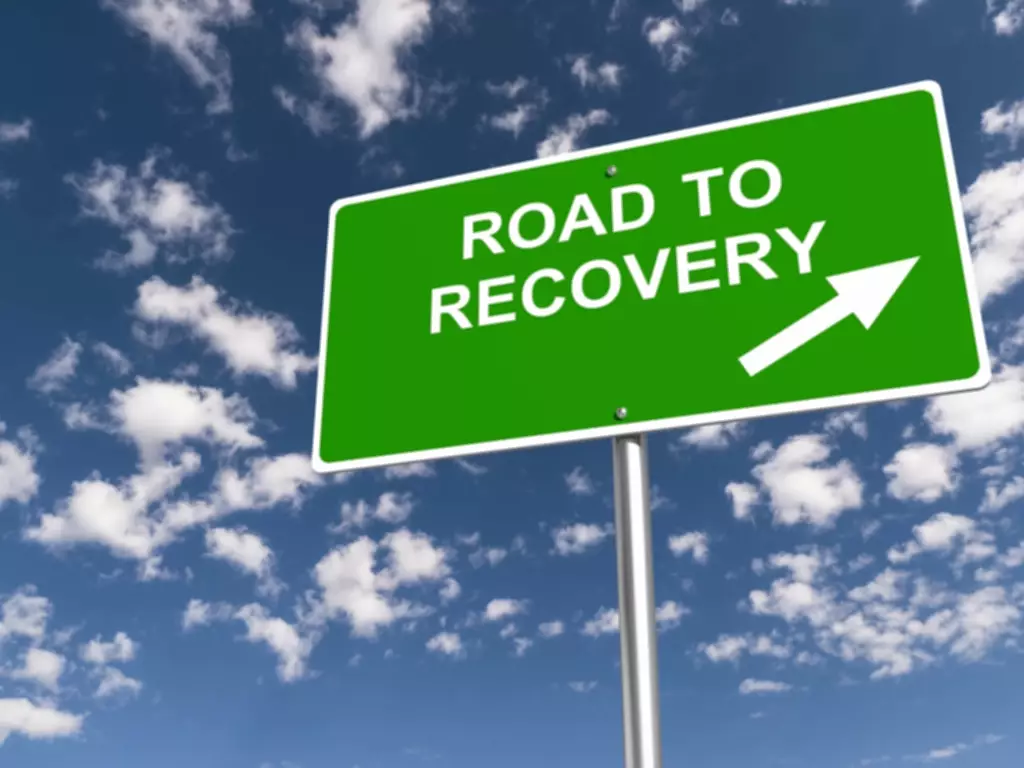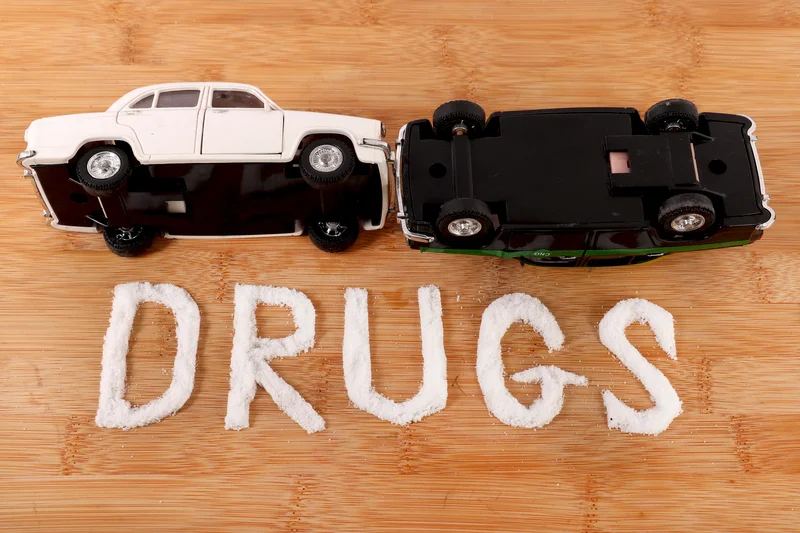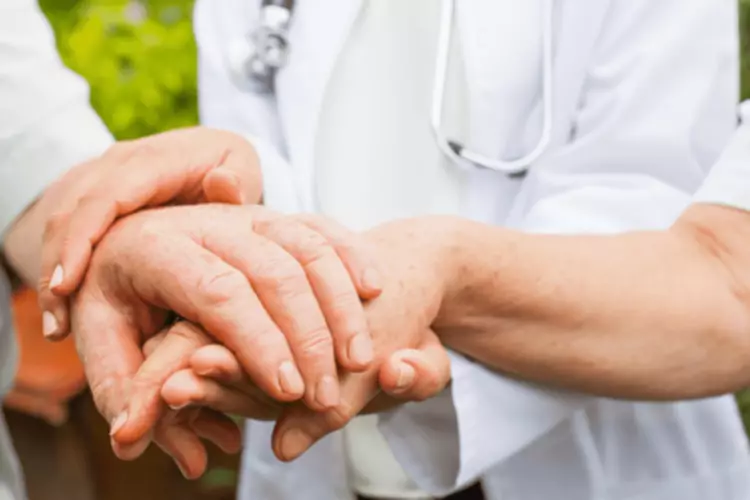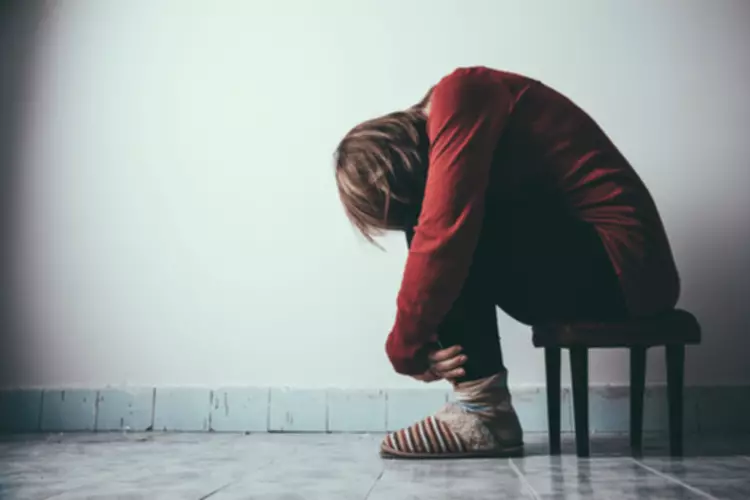Warm summer days can wait, as the Tuplaus game is engaging enough to last well into autumn. Fast withdrawals, over 10,000 games, and an MGA license form a trio that has the author reaching for their bank card to see how much and where. While bonuses may be absent, Tuplaus Casino hosts various competitions. For example, the ongoing Race 2 Riches competition is a 10-week tournament with a staggering €500,000 prize pool. Every week, €50,000 is distributed in prizes, with the competition divided into 7-day sprints.
From the instant login and banking powered by Brite to the genuinely exciting Tuplaus Game with only 1x wagering, Tuplaus feels like a next-gen casino that actually values your time. The interface is clean, the game selection is massive, and everything – from loading speeds to withdrawals – just works the way you’d expect from a casino run by Rootz. All these casinos run on the same Rootz platform, meaning they share the same high standards for security, game variety, fairness, and user experience.
Slots
- Safety is top-notch, as Rootz operates the same reliable platform used by Wildz and its siblings.
- Keep in mind that banking methods are country-dependent and some of the available banking options may not be available to players from other gambling jurisdictions.
- All that players need to do is to make real-money wagers and play their favorite games, or explore new ones.
- Every now and then, the casino runs special campaigns that include spins on the most popular online slot or new games.
- Instead, it offers you instant access, 1x wagering bonuses, and lightning-fast withdrawals, all wrapped in a Pay N Play site.
- Get it right, and your winnings double; hit a 7, and your stake is returned.
Every now and then, the casino runs special campaigns that include spins on the most popular online slot or new games. It is a perfect way to spin the reels while not investing real money. The customer support team is always up to the task and ready to help all players whenever needed. It is available 24 hours a day, 7 days a week, across several channels. Live chat is, of course, the best option for players with burning questions, while email support is a better solution for those who need more detailed answers. Before contacting the agents, feel free to check out the very helpful FAQ section, as it contains answers to the most commonly asked questions.
European Gaming Industry News
Tuplaus Casino is an online gambling brand that is oriented mainly towards players from Finland. It charmed us at first glance with its vivid graphic details, lovely atmosphere, and how well-organized and user-friendly the platform is. The site provides comprehensive documentation on its Privacy Policy, Cookie Policy, and Terms of Use. Additionally, the friendly chat agents are very open, always citing sources when answering questions about safety and how Tuplaus Casino ensures a secure gaming environment. This should be standard for MGA-licensed casinos, but Rootz’s adherence sets a high benchmark. All games, deposits, and bonus features run like butter on both Android and iOS.
Tuplaus Casino Blackjack (Pragmatic Play)Expand
Rootz doesn’t have a native app, but I wouldn’t be surprised if one is in the works for this fireworks display. George Miller started his career in content marketing and has started working as an Editor/Content Manager for our company in 2016. George has acquired many experiences when it comes to interviews and newsworthy content becoming Head of Content in 2017. He is responsible for the news being shared on multiple websites that are part of the European Gaming Media Network. Game loading is quick on mobile and desktop, mobile play is buttery smooth, and the layout makes it easy to find what you want without scrolling for hours. A casino’s Safety Index should play a major factor in choosing the best bonus for you.
- However, there is a progress bar which players will fill up by playing their favorite games.
- Mathematically correct strategies and information for casino games like blackjack, craps, roulette and hundreds of others that can be played.
- Major casino operators don’t make safety-related decisions lightly, especially for something as critical as money transfers.
- Yes, the casino operates under an MGA license and complies with GDPR data protection regulations.
- The service is fast and knowledgeable, with test inquiries answered in minutes.
- The purpose of our website is to provide up-to-date information transparently for making your own choices.
- Some of the available banking options at your disposal are Brite, Nordea, Pay N Play, Revolut.
Since bonuses tend to change often, we won’t go into exact offers, and instead, we will give you a general idea of what to expect when it comes to Tuplaus Casino’s promotional plan. Tuplaus Game isn’t just a one-time welcome gimmick – it’s the soul of the casino’s ongoing reward system. Every time you level up on the platform, you earn another free shot at the Tuplaus Game. When you deposit €20 or more, you’ll unlock 10 free attempts at the unique Tuplaus Game, five chances per day over your first two days, each valued at €1. Get it right, and your winnings double; hit a 7, and your stake is returned.
Casino bonuses take many different forms, including deposit bonuses, no deposit bonuses, welcome bonuses, bonus codes, free spins, etc. These offers allow you to get something extra from the casino when you create your player account, make a deposit, and/or just simply gamble online. Jere is an experienced casino reviewer and gaming industry expert with years of experience in the world of online casinos. He is known for his honest and thoroughly analyzed reviews, which emphasize security, game selection, and user experience. Jere’s goal is to help players find the best casinos and enjoy responsible gaming. In his free time, Jere keeps up with industry trends and passionately tests new games.
Community Big Wins – Tuplaus Casino
Stick around and together we will explore this online gaming platform. With over five thousand titles hosted across various slot game types and styles, gamblers will surely be able to have a lot of fun exploring the casino’s rich slot section. If you are curious about how sensitive data and onsite payments are safeguarded, note that the operator uses the SSL encryption protocol, which is a widely used and trusted security tool. During the self-exclusion period, you will be able to withdraw your funds, but marketing offers will not be sent to you.
And if you decide to play at this casino despite the unfair rules, at least read the T&Cs carefully before you start playing, to make sure you know what to expect. Unfortunately, Tuplaus Casino doesn’t offer ongoing bonuses, but the lack of bonuses is compensated by the exceptionally high quality and reputable Rootz brand. The name Rootz stands for 24/7 Finnish customer service, instant money transfers, and a top-tier gaming experience. The company behind Tuplaus Casino, Rootz LTD, needs little introduction, as it has already shaken up the casino world with Wildz, Spinz, Caxino, Wheelz, and Chipz.
Software Providers
Add a vast selection of over 6,000 games from 67 providers, lightning-fast withdrawals, and promotions with only 1x wagering, and you’ve got one of the hottest new online casinos in Finland. Rootz has built a rock-solid reputation as a provider of world-class online casino products based on its proprietary platform. The company has a player-first approach designed around the customer journey and user experience, allowing players to enjoy play experiences according to their preferences.
Familiarizing yourself with gaming limits is always wise, as it’s a great tool if gaming shifts from fun to compulsion. Tuplaus Casino also provides third-party resources like Peluuri, Pelirajaton, and Kantamo. This game features a high-stakes, high-reward feature that lets players double all their winnings in an engaging and interactive way. It’s inspired by a time-honoured gaming tradition, where risk and reward go hand in hand. This game will appeal to seasoned high rollers or casual players looking for a chance tuplaus casino review to boost their bankroll, with an unparalleled opportunity to test their luck and strategy.






